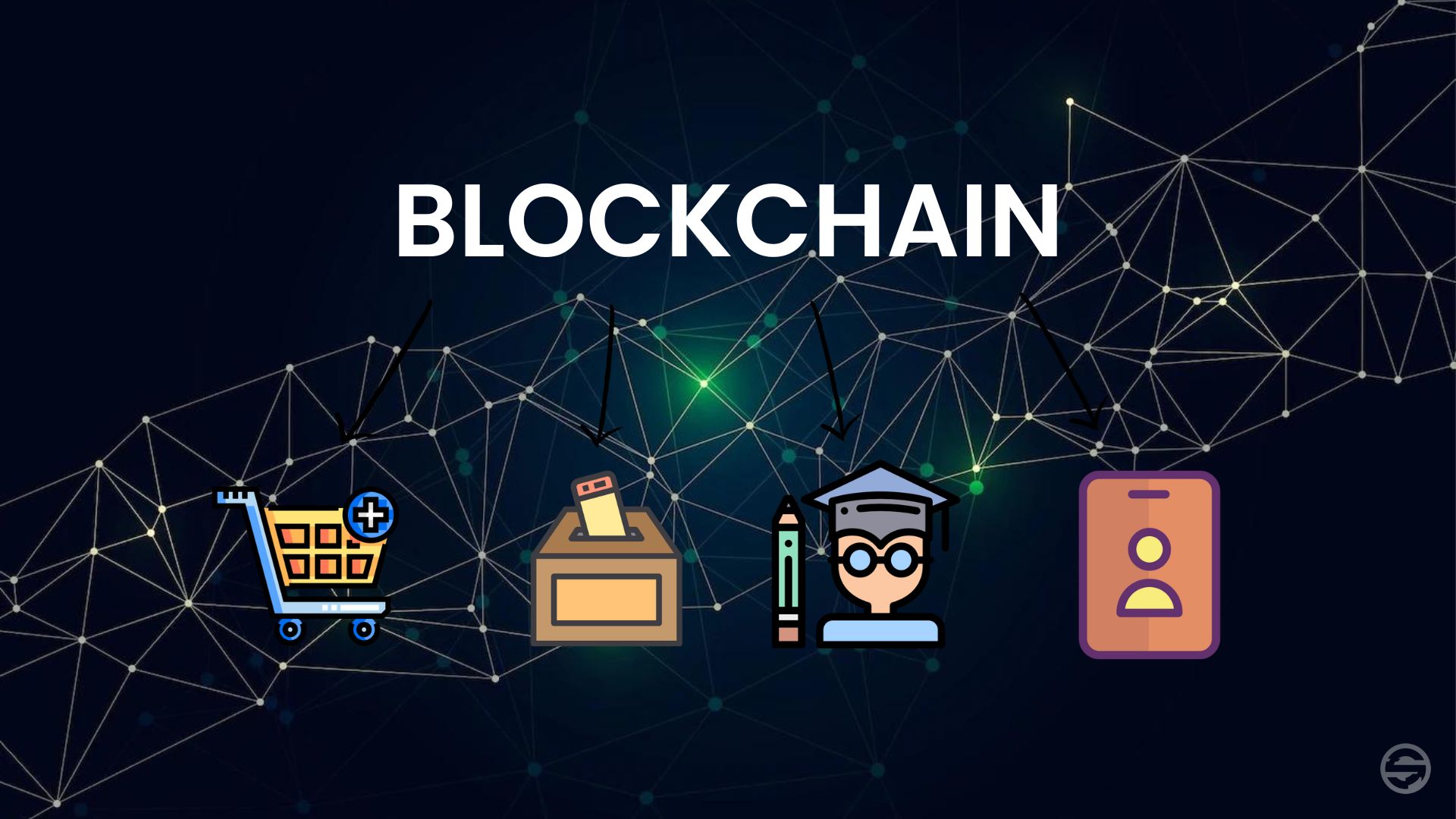
Table of contents
As a reminder, blockchain is a technological concept that revolutionized the way we perceive and use data. It is a technology for transmitting and storing information, which enables the creation of a decentralized and secure digital registry.
The first application of blockchain
Studies on blockchain have been conducted since the 90s, but the first widely adopted application of blockchain is bitcoin, a cryptocurrency created in 2009 by Satoshi Nakamoto. Bitcoin was designed to be a decentralized currency, using blockchain to record and validate transactions. These transactions are validated in a secure and transparent manner, without the need for a trusted third party.
Today, there are many other applications of blockchain in various fields, such as supply chain, health, logistics and education.
Examples of blockchain technology applications
The potential of blockchain is vast. The number of companies and organizations interested in the new possibilities it offers is increasing.
Among the examples of blockchain applications, outside financial applications, we can mention supply chain management, voting systems, identity verification, and access to education and employment.
For example, a company could use blockchain to track the movement of goods in the supply chain, ensuring that products are handled and transported correctly. This would provide more transparency and accountability.
Similarly, a government could set up a voting system using blockchain technology to improve the security and accuracy of elections. Blockchain also has the potential to change representative voting and governance systems by implementing a more direct system. Citizens could participate directly in decision-making processes, thereby improving voter confidence and election transparency.
A person could use a blockchain-based identity verification system to prove their identity without needing an ID issued by a central authority. This would protect personal information while providing an alternative to traditional ID.
Blockchain can also be used to create certification and skill recognition systems that can facilitate access to education and employment. This could be particularly useful in cases where it is difficult to prove one's skills in a traditional way, such as in countries where access to education is limited. It can also be useful in cases of mobility where it is difficult to obtain official certificates.
Conclusion
These are just a few examples of the potential applications of blockchain. As we have seen, blockchain is a powerful tool that offers many possibilities for transforming the economy and society. Its potential is huge and it can be used in many fields such as finance, logistics, supply chain, education and many others. This technology is continuing to evolve every day, so it is likely that we will see even more innovative and unexpected applications in the future.

Also check out our recommended article, which has been read by other readers interested in this topic: What is LayerZero?



 Blockchain
Blockchain 2022-12-26
2022-12-26
